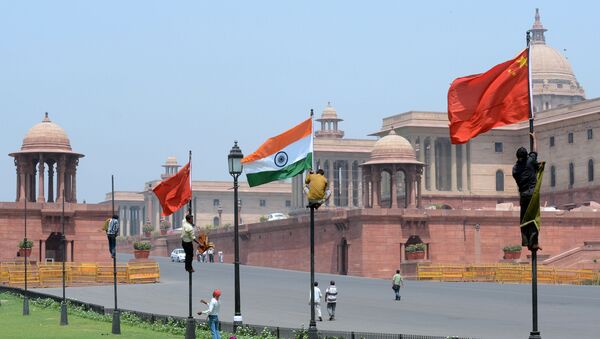India sold $52.4 billion worth of goods to the US while it purchased US products worth $35.5 billion in the financial year 2018-19- a jump of around $9 billion in comparison to $26.6 billion in 2017-18. India also recorded a decrease of around $6 billion in its trade deficit with the US. The country likewise cut its trade deficit with China by over $10 billion last year, the most in more than a decade.
Sources say an increase in US energy exports to India has provided some relief for New Delhi, helping to counter Trump's irritation at hefty trade deficits by acquiescing to his demands to provide more access for American goods.
The US had imposed a 25 per cent extra duty on steel and 10 per cent on aluminium products last year and revoked India's beneficiary status under its largest preferential trade scheme, the Generalised System of Preferences (GSP) last month, for not granting American producers reasonable access to its markets.
On the other hand, the South Asian nation’s exports to China surged by over 30 per cent year-on-year to $16.7 billion in comparison to $13.3 billion in 2017-18 while imports came down to $70 billion last financial year in comparison to $76 billion in 2017-18.
After a Wuhan informal summit held between Indian Prime Minister Narendra Modi and Chinese President Xi Jinping, India recorded massive surges in exports to China with all new market access for sugar, rice, pharma, grapes, fish meal, fish oil, rapeseed meal, and tobacco in 2018 alone.
India has also asked China for favourable tariffs on a list of another 380 items, including agriculture, horticulture, pharmaceuticals, textiles, chemicals, tobacco and some engineering products.
The recent trade figures will come in handy for India while dealing with Donald Trump in the upcoming G-20 annual summit in the Japanese city of Osaka. Trump is expected to meet the Indian Prime Minister with trade issues likely to dominate the discussion, on the backdrop of India’s 15 June decision to impose retaliatory tariffs on 28 classes of US goods.
Last month, the Indian government said that the two countries “agreed to engage regularly at various levels to resolve outstanding trade issues by exploring suitable solutions, which are mutually beneficial”. The announcement was made after US Commerce Secretary Wilbur Ross had raised concerns over India’s trade policy relating to e-commerce, data localisation and price caps on medical equipment during his visit to New Delhi in May this year.

